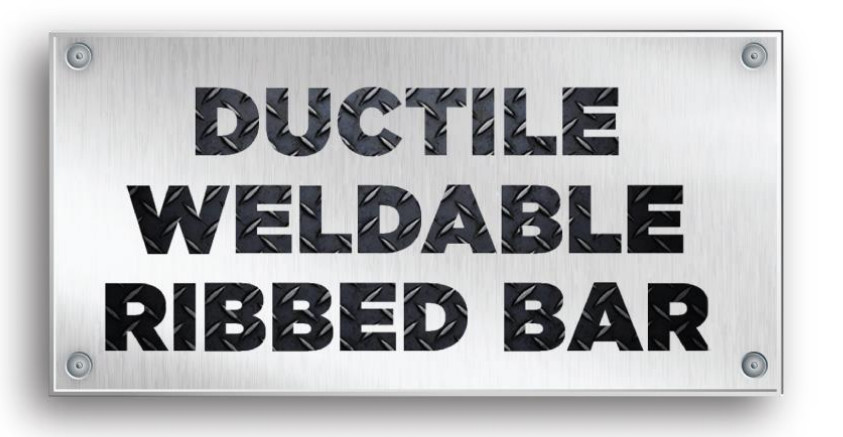
Bangladesh's Earthquake Vulnerability
The Necessity of High-Quality
DWR Deformed Bars
Background
Bangladesh, a vibrant and populous nation, sits precariously at the junction of three major tectonic
plates: the Indian, Eurasian, and Burmese plates. This geophysical positioning renders the country
particularly susceptible to seismic activities. Historically, Bangladesh has experienced several
significant earthquakes, and the risk of future events remains high. As urbanization and infrastructure
development continue to accelerate, the importance of constructing earthquake-resilient buildings
cannot be overstated. One of the critical components in ensuring the structural integrity of such
constructions is the use of high-quality DWR (Ductile Weldable Ribbed) deformed bars.
Seismic Risks and the Role of DWR Deformed Bars
Bangladesh’s seismic vulnerability is underscored by
its tectonic setting. The collision of the Indian plate
with the Eurasian plate to the north creates immense
geological stress, while the interaction with the
Burmese plate to the east adds further complexity.
According to the Bangladesh Meteorological
Department, the country experiences small to
moderate earthquakes regularly, with a notable
quake expected approximately every 50 years. The
seismic hazard is particularly acute in regions such
as Sylhet, Chittagong, and the capital city, Dhaka,
where dense populations and critical infrastructure
are at risk
The destructive potential of earthquakes is welldocumented. The 1897 Assam earthquake, with a
magnitude of 8.1, and the 1935 Quetta earthquake, with a magnitude of 7.7, both had devastating
impacts on the region. More recently, the 2015 Nepal earthquake, although centered outside of
Bangladesh, caused significant tremors within the country, highlighting the transboundary nature of
seismic risks.


Based on the historical seismic activities observed across different parts of the country, Bangladesh has been divided into four seismic zones, ranging from Zone I with the least earthquake intensity to
Zone IV with the highest intensity. Nearly half of Bangladesh is situated in Zones III and IV, where plate tectonic disturbances are more prominent.
When it comes to buildings, utility services, and critical infrastructure, it is crucial to consider earthquake intensities ranging from 7 to 10 on the Richter Scale, as they indicate the potential for significant damage during severe earthquakes.

“Bangladesh is an earthquake-prone country, hence good quality DWR Deformed bar is required”
In this context, the role of DWR deformed bars in construction becomes crucial. These bars,
characterized by their enhanced bonding strength due to ribbed patterns, are essential for reinforcing
concrete structures. High-quality DWR deformed bars improve the ductility and load-bearing capacity
of buildings, making them more resistant to seismic forces. Studies have shown that buildings
constructed with such materials can better absorb and dissipate the energy released during an
earthquake, reducing the likelihood of catastrophic failures.
A comparative analysis conducted by the
Bangladesh University of Engineering and
Technology (BUET) indicates that buildings
reinforced with DWR deformed bars exhibit a 30%
increase in structural integrity under simulated
earthquake conditions. This statistic underscores the
importance of adopting advanced construction
materials to mitigate earthquake risks.

Conclusion
As Bangladesh continues to develop and urbanize,
the importance of earthquake-resistant construction
cannot be overstated. The country’s position at the
junction of three major tectonic plates necessitates the
use of superior construction materials to safeguard
lives and property. High-quality DWR deformed bars
play a critical role in this context, offering the strength
and flexibility needed to endure seismic events.

By prioritizing the use of these advanced materials, human and economic toll of future earthquakes, ensuring a safer and more resilient built environment for its citizens.


